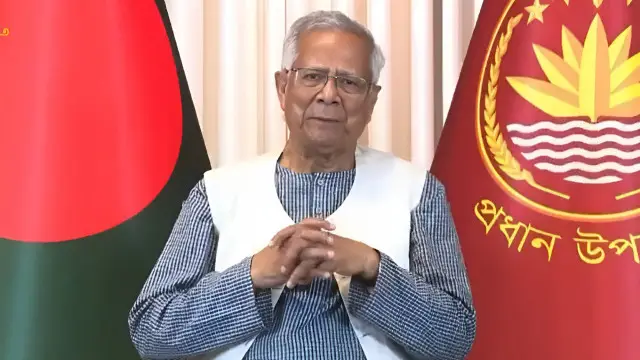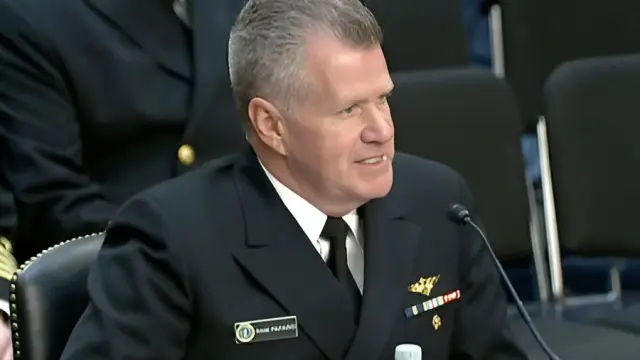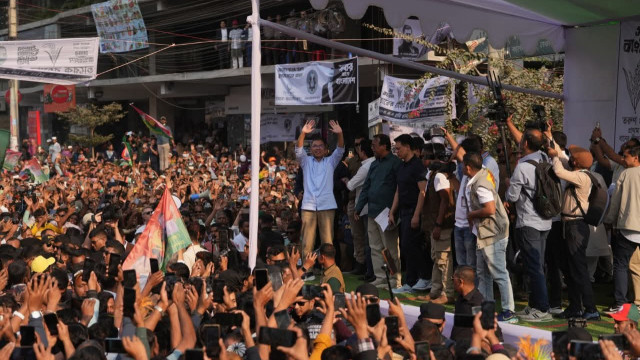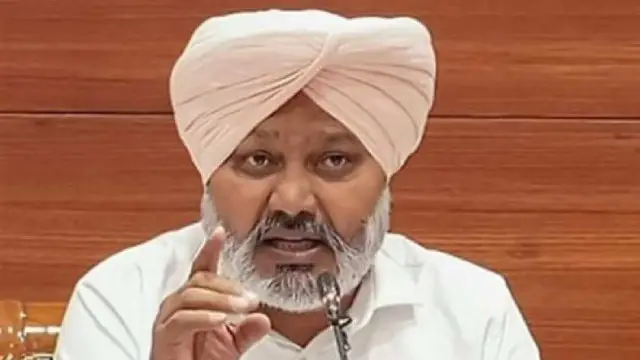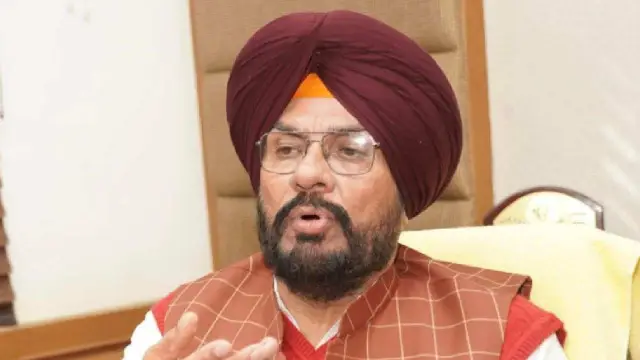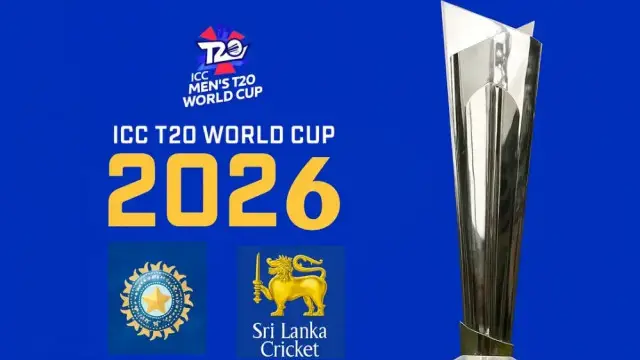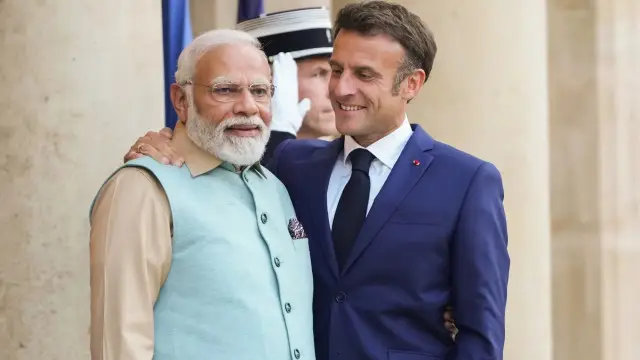Trump Pushes Europe For Stricter Russia Sanctions, Calls G7 To Unite And Back Heavy China Tariffs
US President Donald Trump has intensified pressure on Europe and allies to toughen sanctions against Russia. He called for halting oil purchases, backing high tariffs on China, and ensuring G7 nations work in coordination to deliver strong, unified economic impact.
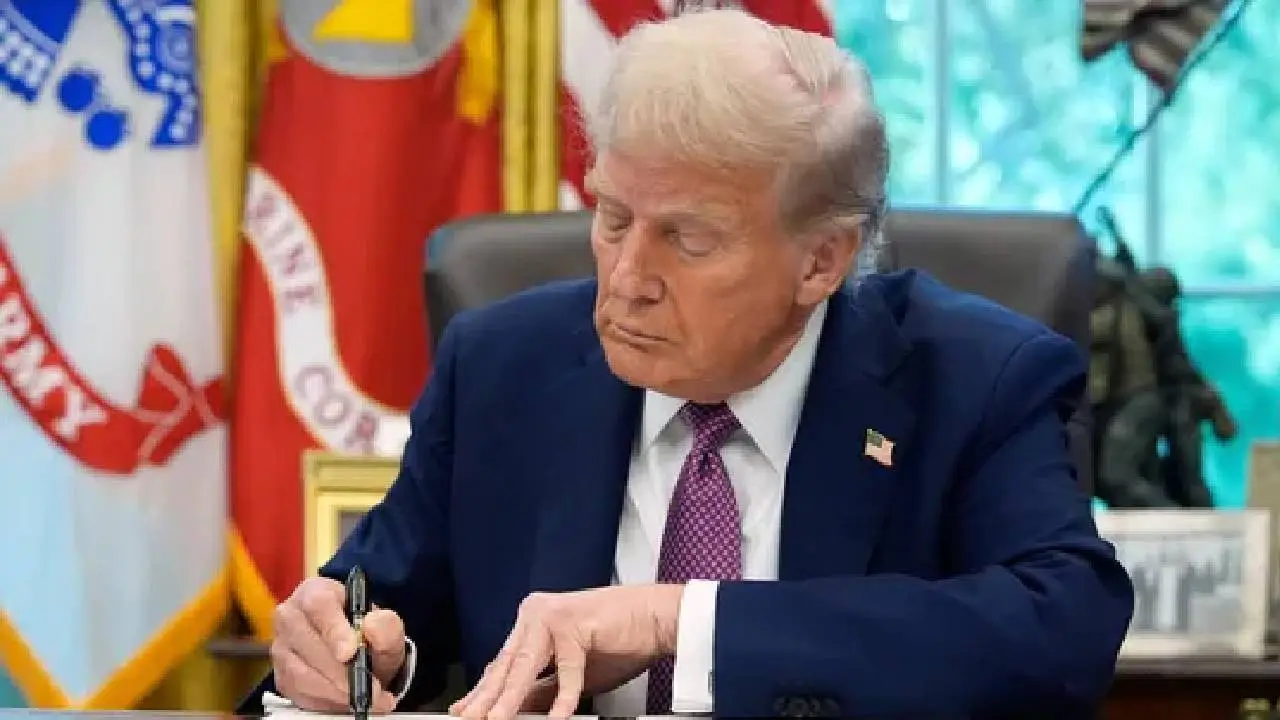
International News: The message is simple: one country cannot carry the full burden. If Europe keeps buying energy, pressure weakens. A joint stance—financial, trade, and tech—creates leverage that single-nation steps rarely achieve on the ground. Oil and gas revenue bankrolls long conflicts. Phasing down purchases hits cashflows directly. Alternative sources, conservation, and emergency reserves help bridge the short term while keeping public services and industries running without shocks.
Tariffs on select goods act as targeted pressure. The push is for strong but time-bound measures, reviewed regularly. Calibrated lists prevent collateral damage to consumers and avoid sudden inflation spikes in essential categories.
Role Of NATO Partners
Security alliances work best when economic steps align with defense goals. If members coordinate sanctions with logistics support and intel sharing, results multiply. Mixed signals, however, invite loopholes and weaken the overall message. Regular meetings between defense chiefs and finance ministers can bridge gaps.
Joint drills alongside economic talks show seriousness of intent. Public statements of unity discourage adversaries from exploiting divisions. NATO’s credibility grows when both military and economic levers pull in the same direction.
G7 Coordination Matters
Finance and trade ministers can plug evasion routes—re-exports, shadow fleets, and shell firms. Data sharing, port checks, and insurance bans tighten compliance. When rules are clear, companies follow-and the pressure becomes visible. Stronger penalties for violators send a powerful signal.
Shared intelligence on banking networks cuts off secret funding channels. Joint action also boosts investor confidence in fair global trade. Consistent coordination avoids duplication and ensures each nation’s effort builds into one strong collective force.
India And China Angle
Debates will continue on how far to go with third-country trade links. The core idea stays: stable rules, clear timelines, and open channels to scale down measures if violence de-escalates and talks move meaningfully forward. India’s role is sensitive due to its energy needs.
China remains central because of its trade volume with Russia. Engaging both through balanced diplomacy can reduce friction. At the same time, setting red lines makes sure support for Russia does not grow unchecked.




